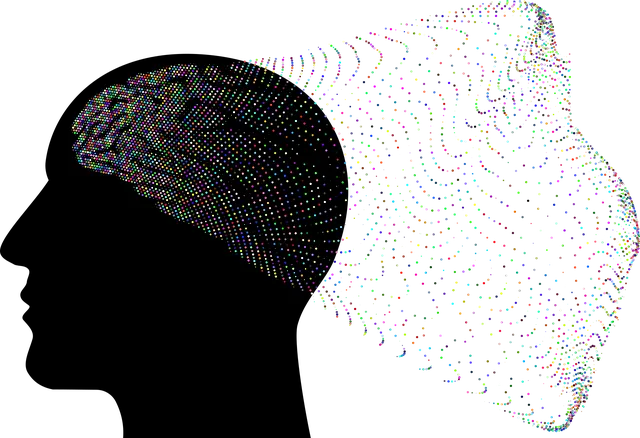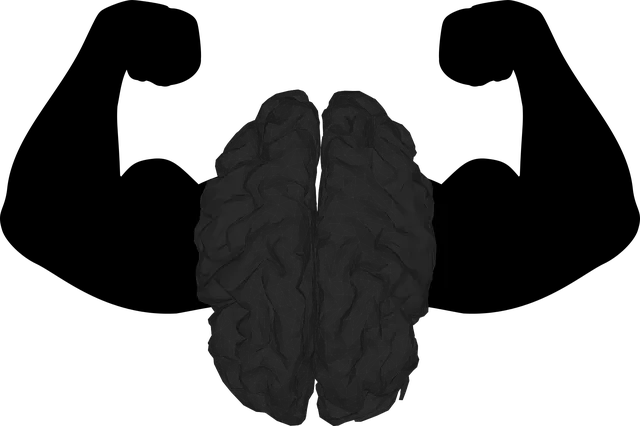Kaiser Permanente in Louisville has introduced a dedicated mental health number to improve diagnosis accuracy by streamlining access to trained professionals, ensuring timely interventions for anxiety relief and self-esteem improvement. This initiative leverages technology, research, education, and community engagement to address complex mental health challenges, enhance patient outcomes, and foster well-being within the community, focusing specifically on the Kaiser Permanente mental health number Louisville.
Mental illness diagnosis accuracy is a critical aspect of patient care, especially at healthcare giants like Kaiser Permanente. This article explores efforts to enhance diagnosis accuracy using the Kaiser Permanente Mental Health Number in Louisville as a case study. We delve into the challenges faced, from stigma to complex presentations, and highlight innovative strategies. These include advanced training programs and technology integration, aiming to improve diagnostic outcomes for patients suffering from mental health disorders. By focusing on these initiatives, we hope to shed light on promising paths toward more precise and compassionate mental health care.
- Understanding the Kaiser Permanente Mental Health Number in Louisville
- Challenges in Diagnosing Mental Illness Accurately
- Innovative Strategies to Enhance Diagnosis Accuracy
- The Role of Technology and Training in Improving Diagnostic Outcomes
Understanding the Kaiser Permanente Mental Health Number in Louisville

In Louisville, Kaiser Permanente has implemented a focused initiative to improve mental health diagnosis accuracy. The organization’s dedicated mental health number serves as a key component of this strategy. By providing a centralized and accessible point of contact, Kaiser Permanente aims to streamline the process for individuals seeking support for their mental well-being. This initiative is particularly impactful in addressing common issues such as anxiety relief and self-esteem improvement, ensuring that Louisville residents have enhanced access to accurate diagnoses and effective treatment plans.
The mental health number is strategically designed to enhance patient outcomes by facilitating timely interventions. Trained professionals answer calls, offer guidance, and coordinate care, thereby fostering a more supportive and efficient system. This approach not only benefits individuals struggling with mental health challenges but also contributes to broader public health goals, ultimately aiming to foster communities where anxiety relief, self-esteem improvement, and overall well-being are prioritized.
Challenges in Diagnosing Mental Illness Accurately

Diagnosing mental illness accurately is a complex task due to several factors. Firstly, mental health conditions often present with overlapping symptoms, making it challenging for healthcare providers to differentiate between various disorders. For instance, depression and anxiety can exhibit similar behavioural and emotional changes, requiring meticulous evaluation to arrive at the right diagnosis. Additionally, individual experiences and expressions of distress vary widely, further complicating the process. This variability is especially pronounced in diverse populations, as cultural backgrounds influence how mental health issues manifest and are expressed.
Efforts to enhance diagnostic accuracy include initiatives by organizations like Kaiser Permanente, which focuses on improving mental health services through research and education. In Louisville, their mental health number highlights a commitment to community support. Public Awareness Campaigns Development and Mental Health Awareness play a crucial role in educating both patients and healthcare providers about the nuances of various conditions. Building resilience among individuals is another strategy, empowering them to seek help earlier and navigate treatment more effectively.
Innovative Strategies to Enhance Diagnosis Accuracy

Mental health professionals at Kaiser Permanente Louisville are constantly evolving their approach to diagnosis, employing innovative strategies to enhance accuracy and patient outcomes. One such method involves integrating advanced assessment tools that go beyond traditional diagnostic criteria. These tools include sophisticated questionnaires and digital assessments designed to capture subtle changes in mood, behavior, and cognitive functions, ensuring a more nuanced understanding of patients’ mental health states.
Additionally, the integration of Self-Care Practices and Stress Management techniques has proven beneficial. By encouraging patients to actively participate in their treatment, healthcare providers can gather valuable insights during follow-up sessions, leading to more precise diagnoses. Community Outreach Program Implementation also plays a crucial role, as it facilitates early intervention and education, allowing for better identification of mental health issues within diverse communities. These collaborative efforts collectively contribute to the improvement of diagnosis accuracy at Kaiser Permanente Louisville, ultimately enhancing patient care.
The Role of Technology and Training in Improving Diagnostic Outcomes

The integration of technology into mental health care has revolutionized diagnostic processes, particularly within organizations like Kaiser Permanente, which operates a dedicated mental health number in Louisville. Advanced digital tools, such as electronic health record systems, enable seamless data sharing and streamline information gathering, leading to more accurate assessments. These platforms facilitate the documentation and tracking of patient progress over time, providing clinicians with comprehensive insights for informed decision-making.
Furthermore, continuous training programs play a pivotal role in enhancing diagnostic accuracy. By equipping healthcare professionals with the latest research and evidence-based practices, organizations like Kaiser Permanente ensure that their staff are adept at recognizing subtle symptoms and understanding complex presentations of mental illnesses. This includes training in positive thinking interventions, conflict resolution techniques, and mental wellness journaling exercises guidance, all of which contribute to a holistic approach to patient care and improved diagnostic outcomes.
The pursuit of enhanced mental illness diagnosis accuracy is a multifaceted endeavor, as evidenced by the diverse strategies discussed. From understanding the Kaiser Permanente mental health number in Louisville to leveraging technology and comprehensive training, these efforts collectively strive to improve patient outcomes. By addressing challenges head-on and adopting innovative solutions, healthcare professionals can navigate the complex landscape of mental health diagnosis with greater precision, ensuring more effective treatment and care for individuals in need.






